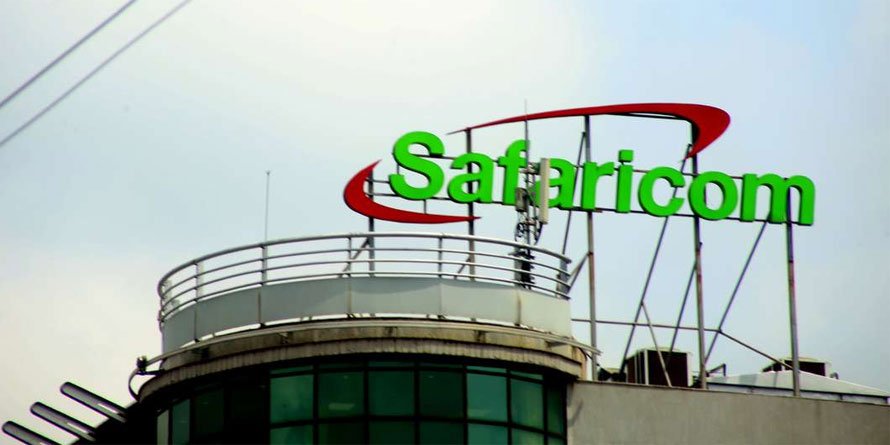Safaricom #ticker:SCOM is seeking partnership with software engineering firms as it races to build more in-house mobile phone applications.
“The partners will co-create the software with Safaricom…the partners can then agree on a marketing and operations model,” said Safaricom in internal documents seen by the Business Daily.
The move will see Safaricom tap Kenya’s pool of well-resourced app developers.
Safaricom, part-owned by South Africa’s Vodacom and Britain’s Vodafone, is under pressure to create new revenue streams as its voice business matures.
Safaricom’s M-Pesa, launched in Kenya more than a decade ago is one of the most popular modes of payment in Kenya. At the end September it had nearly 27 million active users in a population of 47 million.
M-Pesa, started by Safaricom in 2007, has evolved from a basic mobile money transfer application into a fully-fledged financial service platform, offering loans and savings in partnership with local banks, plus merchant payment services.
Like M-Pesa, Safaricom has also introduced Digifarm that offers farmers credit and insurance against weather damage as well as training programmes, and advice on soil testing to increase yields.
Digifarm bypasses middlemen, giving small-holder farmers direct access to low-cost seeds and fertiliser, credit providers, and bulk purchasers of their produce.
In 2018, Safaricom piloted a social messaging app that it said then would link to its mobile money platform. It is not clear what became of the project dubbed Bonga, translating to ‘chat’ in Kiswahili.
Kenya’s fast-growing technology sector, nicknamed “Silicon Savannah”, has attracted many entrepreneurs from places like the United States and United Kingdom supported by a pool of well-resourced software app developers in the country.
